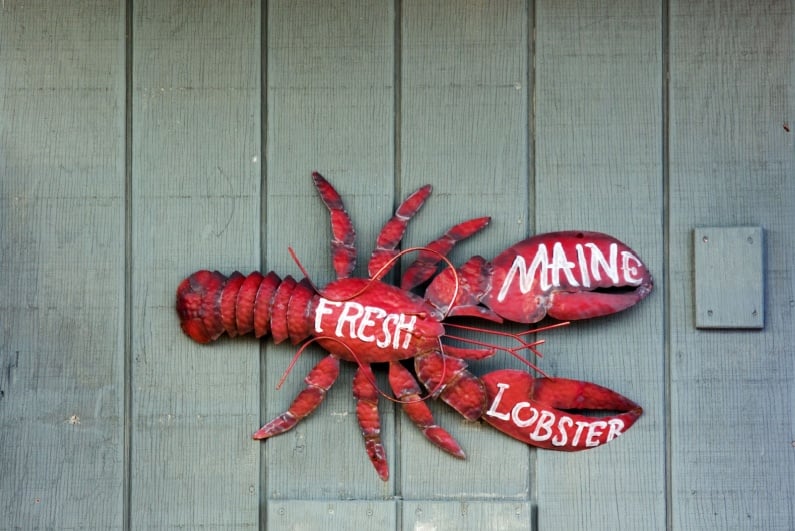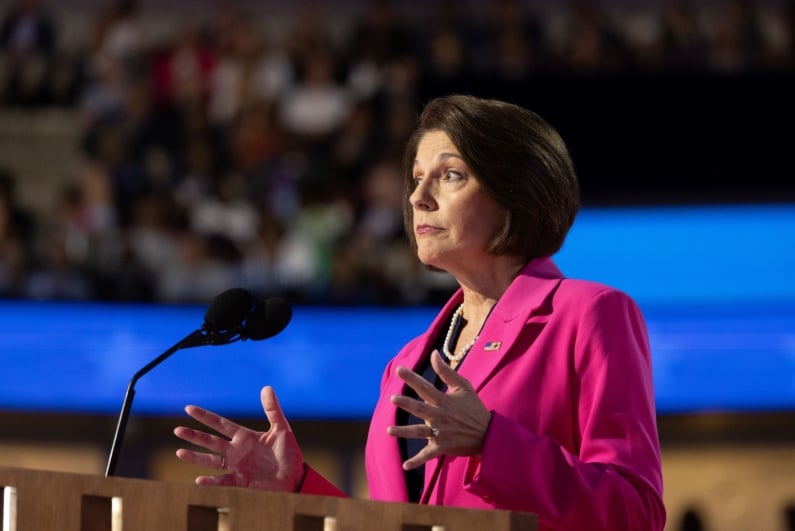Voters in Arkansas and Maryland have decided to approve gaming-related measures on the November ballot, with one state set to begin licensing casinos and possibly sports betting, while the other will ensure casino revenues go towards public school systems.
Arkansas approves Issue 4
In Arkansas, Issue 4 was an amendment on the ballot that would allow for casino gaming to be legalized, creating casinos in four counties. West Memphis can now have casino gaming within a Southland dog track, while the Oaklawn horse track in Hot Springs will be allowed to offer such gaming as well. Jefferson and Pope counties were also approved for gaming.
Proponents of the measure pushed heavily to see the amendment come to pass, with the Cherokee and Quapaw tribes in Oklahoma spending as much as $4m in campaigning efforts. Supporters of the measure took the view that the change would keep gambling revenues in the state instead of seeing them to go neighboring states where gambling is allowed.
The amendment passed with 54.1% of voters in approval. As far as sports betting is concerned, there is still work to be done in order to see the activity come to pass in the state. The text in Issue 4 states that casino gaming is to include wagers on sporting events, so the option is open.
According to VSO News, a report from the University of Arkansas Economic Development Institute estimated that GDP in the state could increase as much as $6bn within 10 years and create more than 6,000 new jobs with the legalization of casinos. The study was commissioned by Driving Arkansas Forward, a group in support of the measure.
According to the measure, the state’s Racing Commission will be in charge of creating rules and regulations for casino gaming, with all receipts from the new industry being subject to a 13% tax on the first $150m net receipts earned. After that amount has been reached, the tax rate will increase to 20%.
Maryland casino lockbox approved
When slots-only casinos were approved in 2008 in Maryland, followed by table games in 2012, gambling was set to help fund local schools. However, the casino funds were only being used to meet funding requirements.
Lawmakers then decided to create a lockbox initiative that would ensure schools across the state would receive money. On the ballot, voters could vote yes or no to approve the casino lockbox idea, ensuring casino funds were used for educational purposes in a variety of ways.
Voters overwhelmingly approved Question 1, an amendment that would direct casino revenues into a supplemental education fund. The fund will begin with $125m during the 2020 fiscal year and increase to more than $500m by 2023.
The money placed in the fund will be used for several purposes, including early-childhood education, career education, technical education, programs that will allow students in high school to receive college credits, and more.
Supporters of this measure pushed for its passage, stating that casino revenues had not been spent as they should be on education as had been previously intended.




